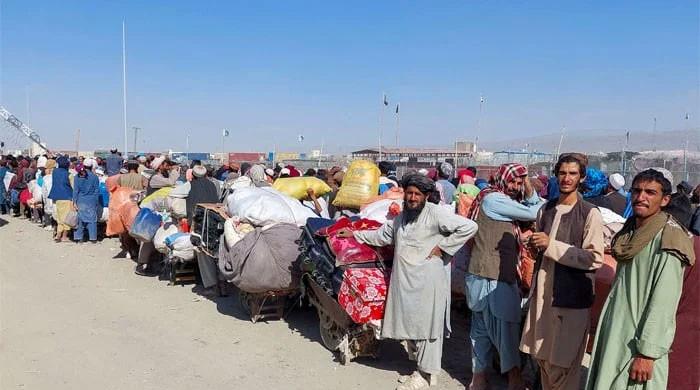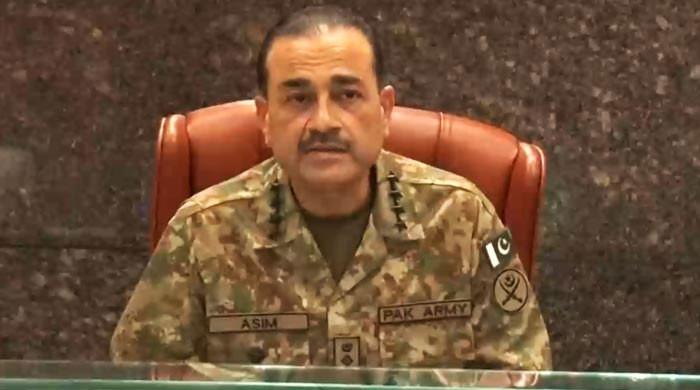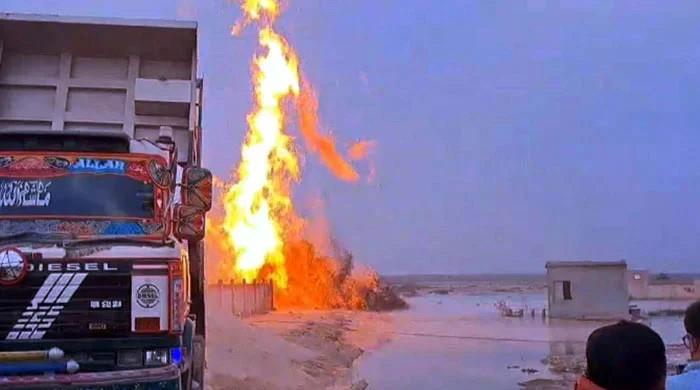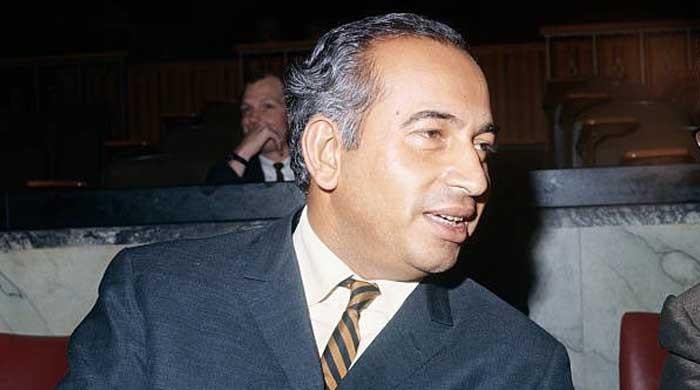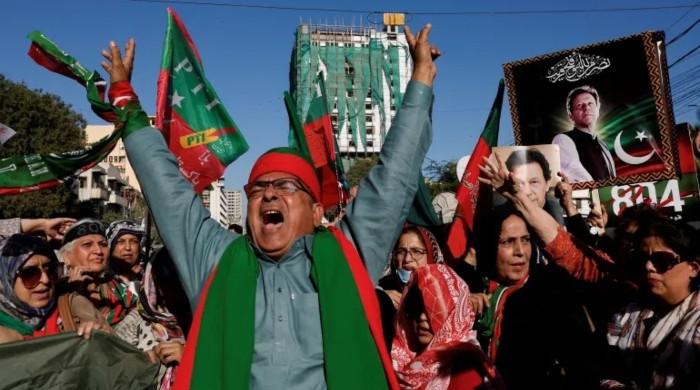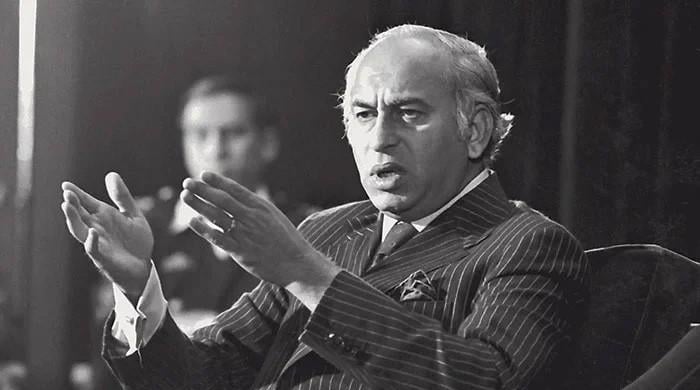Imran unfazed by PTI defeats in by-polls
There is no doubt that the PTI is in tatters, marred by factionalism and infighting and chaos
September 28, 2016
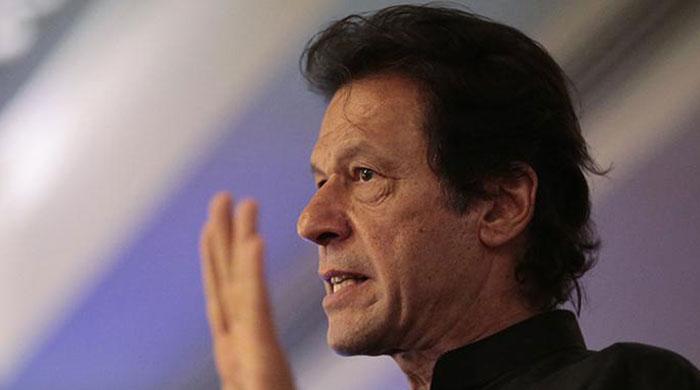
ISLAMABAD: The nonstop defeat of Pakistan Tehreek-e-Insaf (PTI) Chairman Imran Khan in consecutive by-elections held in less than four weeks has not dampened his spirits to campaign hard for the success of his Raiwind march.
The rout has also not encouraged him to do serious contemplation and reflection as to what is happening to his party in the by-polls when he claims he is at the height of his popularity and believes that his graph would further ascend due to his consistent agitation.
The unceasing electoral setbacks especially loss of even those seats that the PTI had won in the 2013 general elections was required to persuade Imran Khan into doing some introspection with a view of putting his act together to brace up for the grand fight in 2018. But unfortunately, he is more obsessed with street protests on the premise that this is the best trajectory that will bring further dividends. Maybe, this is the only way left to him to keep his voters worked up and maintain the semblance of unity in the party.
However, there is no doubt that the PTI is in tatters, marred by factionalism and infighting and chaos. This aspect needs Imran Khan’s utmost attention well before the great parliamentary scramble, but that is not the priority.
His deliberate excessive exposure and high-watt publicity is turning out to be his biggest nemesis and challenge. As he drums up support for the Raiwind march, he addresses more than one presser in a day and keeps repeating himself for innumerable times.
The latest shock to the PTI came in the by-election to the Taxila (Rawalpindi) seat of the Punjab Assembly, PP-7, on Monday. In 2013, its nominee, Siddique Khan, brother of National Assembly member Ghulam Sarwar Khan, had won it with a margin of only 774 votes, defeating Chaudhry Nisar Ali Khan, now interior minister, who always asserted that his defeat was manipulated by his opponent through dubious means.
Siddique Khan had secured 48,440 ballots compared to his rival’s 47,666 votes. After his sudden death, his son Ammar Siddique was fielded, who now lost by getting 45,879 ballots while winner, Pakistan Muslim League-Nawaz (PML-N) candidate Umar Farooq, clinched 51,056 votes, scoring a lead of 5,177 ballots over him. The edge shows the deficit the PTI faced and the gains the PML-N got.
Before this contest, the PML-N had snatched a National Assembly (Chichawatni, Sahiwal) from the PTI while it had also retained its seat in Jhelum. The Vehari seat of the Punjab Assembly, won by an independent in 2013, was also taken away by the PML-N.
The transparency in these by-polls was unprecedented and the role of the Punjab government or its agencies in favour of the PML-N was non-existent. The army troops were deployed to supervise the exercise, a fact that always silences the usual rabble-rousers to keep quiet.
The results of such fair, free and impartial by-elections forcefully discard the PTI’s allegations of rigging in the 2013 parliamentary polls. The PTI doesn’t admit that its actual electoral strength is what has been continuously demonstrated in the by-polls. Its repetition of its claims is just politics and nothing more.
The PTI faced all these defeats in Punjab that has been the hub of Imran Khan’s entire agitation for over three years. If the time consumed by him in his campaign during this period is reckoned, it becomes clear that he did not spare even a very small percentage of it to the other three provinces. His politics in Azad Kashmir and Gilgit-Baltistan was confined to his visits only when the elections were held in these regions.
Karachi where the PTI had emerged as the second largest party in terms of popular votes after the Muttahida Qaumi Movement (MQM) in 2013 has hardly ever attracted Imran Khan. His party organisation is in a shambles there. Its top leaders in the mega city even lost the local elections which deeply reflected the down-slide in its standing with the passage of time.
—Originally published in The News




